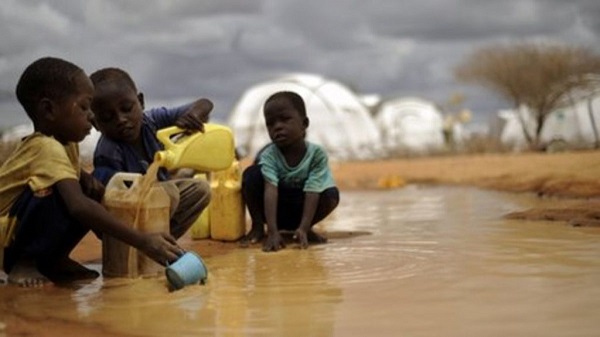
The Nigeria Centre for Disease Control and Prevention (NCDC) has warned about the potential spread of cholera through contaminated water sources. Cholera can occur when sewage mixes with drinking water supplies, posing severe health risks.
Director-general of NCDC, Dr. Jide Idris highlighted the increase in cholera cases in some states of Nigeria and urged authorities and citizens to take immediate precautions. He emphasised the need for proper water treatment before consumption and recommended boiling water and using water purification tablets to reduce the risk of infection.
The NCDC continues to monitor the situation closely and is collaborating with state governments to implement measures to control the spread of the disease. Public awareness campaigns are also underway to educate people on the importance of safe water practices and hygiene.
As of June 11, 2024, a total of 1,141 suspected and 65 confirmed cases of cholera with 30 deaths have been reported from 96 LGAs in 30 states. The 10 states that contributed 90 percent to the burden of cholera include Bayelsa, Zamfara, Abia, Cross River, Bauchi, Delta, Katsina, Imo, Nasarawa and Lagos states. The NCDC, along with other partners, is providing support to the affected states, which includes risk communication, active case search, laboratory diagnosis, case management, provision of response commodities, water sanitation and hygiene (WASH) interventions and dissemination of cholera awareness information in both English and local languages.
Cholera outbreaks in Africa have affected 18 countries in the last two years, with over 6,000 deaths and nearly 350,000 cases reported in southern and eastern Africa. Cholera is a deadly diarrheal disease particularly affecting impoverished areas with poor access to safe water and sanitation. It is important to be aware of the risk factors and take preventive measures such as ensuring safe water, sanitation, hygiene, and the use of oral cholera vaccines.

